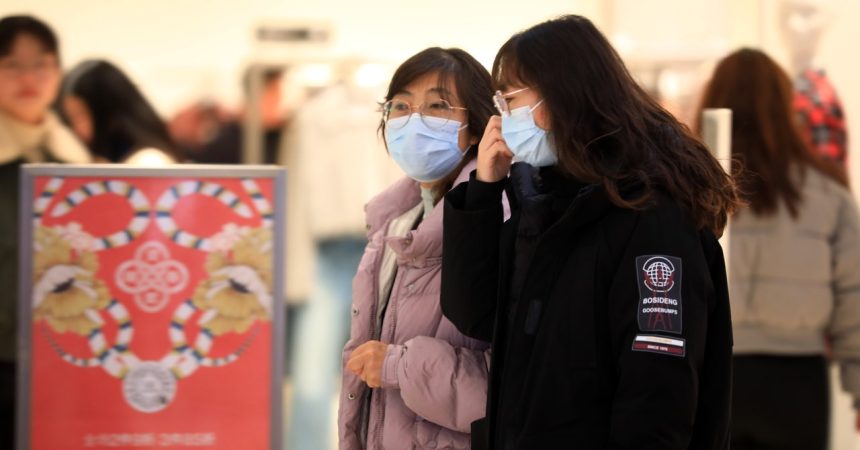Human metapneumovirus (hMPV), a common respiratory virus, has recently garnered significant attention within the medical community and public health sphere. While not as widely recognized as influenza or RSV, hMPV poses a considerable health burden, particularly for vulnerable populations like individuals with chronic lung diseases, asthma, and cancer. The increased awareness stems partly from enhanced surveillance of respiratory viruses following the COVID-19 pandemic, revealing hMPV’s prevalence and impact. This heightened awareness is crucial, as it prompts further research into diagnostics, treatments, and vaccine development, ultimately improving public health outcomes.
Historically, hMPV infections often went undiagnosed or were misattributed to other respiratory illnesses like influenza. The lack of widespread testing outside of research settings contributed to a general unawareness of its prevalence, even among medical professionals. The advent of more sophisticated molecular diagnostic tools, particularly in countries like China with advanced surveillance programs, has unveiled the true extent of hMPV’s circulation. This newfound understanding is transforming perspectives within the medical community, as doctors are increasingly encountering confirmed hMPV cases, validating its significance as a respiratory pathogen.
The increased awareness of hMPV’s impact has spurred significant interest in developing more accessible diagnostic tools. Currently, hMPV detection relies on expensive multiplex panels that simultaneously test for multiple respiratory viruses. While valuable in emergency room settings, the cost prohibits routine testing in general practice, hindering early diagnosis and appropriate management. Efforts are underway to develop low-cost, rapid tests specifically for hMPV, similar to those available for influenza, COVID-19, and RSV. Such advancements would democratize access to testing, facilitating prompt diagnosis and targeted treatment strategies, potentially reducing the virus’s overall impact.
The rising prominence of hMPV also fuels the pursuit of effective vaccines. Several vaccine candidates are currently undergoing clinical trials, with some exploring combined vaccines targeting both hMPV and RSV. This approach offers the potential for broader protection against common respiratory viruses with minimal additional logistical burden. Research into the longevity of hMPV immunity is crucial for informing vaccination schedules and optimizing the efficacy of combined vaccines. A successful hMPV vaccine, particularly one combined with RSV protection, could significantly reduce hospitalizations and the overall strain on healthcare systems.
While hMPV is not anticipated to spark a pandemic, its widespread prevalence translates into a substantial public health burden. The virus contributes significantly to the incidence of common colds, placing a considerable economic strain on individuals and healthcare systems. Moreover, hMPV can cause severe respiratory complications, leading to hospitalization and even death, especially in high-risk groups. Addressing this often-overlooked virus requires a multi-pronged approach, encompassing improved diagnostics, targeted treatments, and ultimately, the development of an effective vaccine.
The renewed focus on hMPV represents a positive shift in respiratory virus management. By acknowledging its prevalence and impact, researchers and healthcare professionals are paving the way for better diagnostic tools, effective vaccines, and improved treatment strategies. These advances hold the promise of significantly reducing the burden of hMPV, safeguarding vulnerable populations, and enhancing overall respiratory health. The continued investment in hMPV research and development is crucial for realizing the full potential of these advancements and minimizing the impact of this often-underestimated virus.



